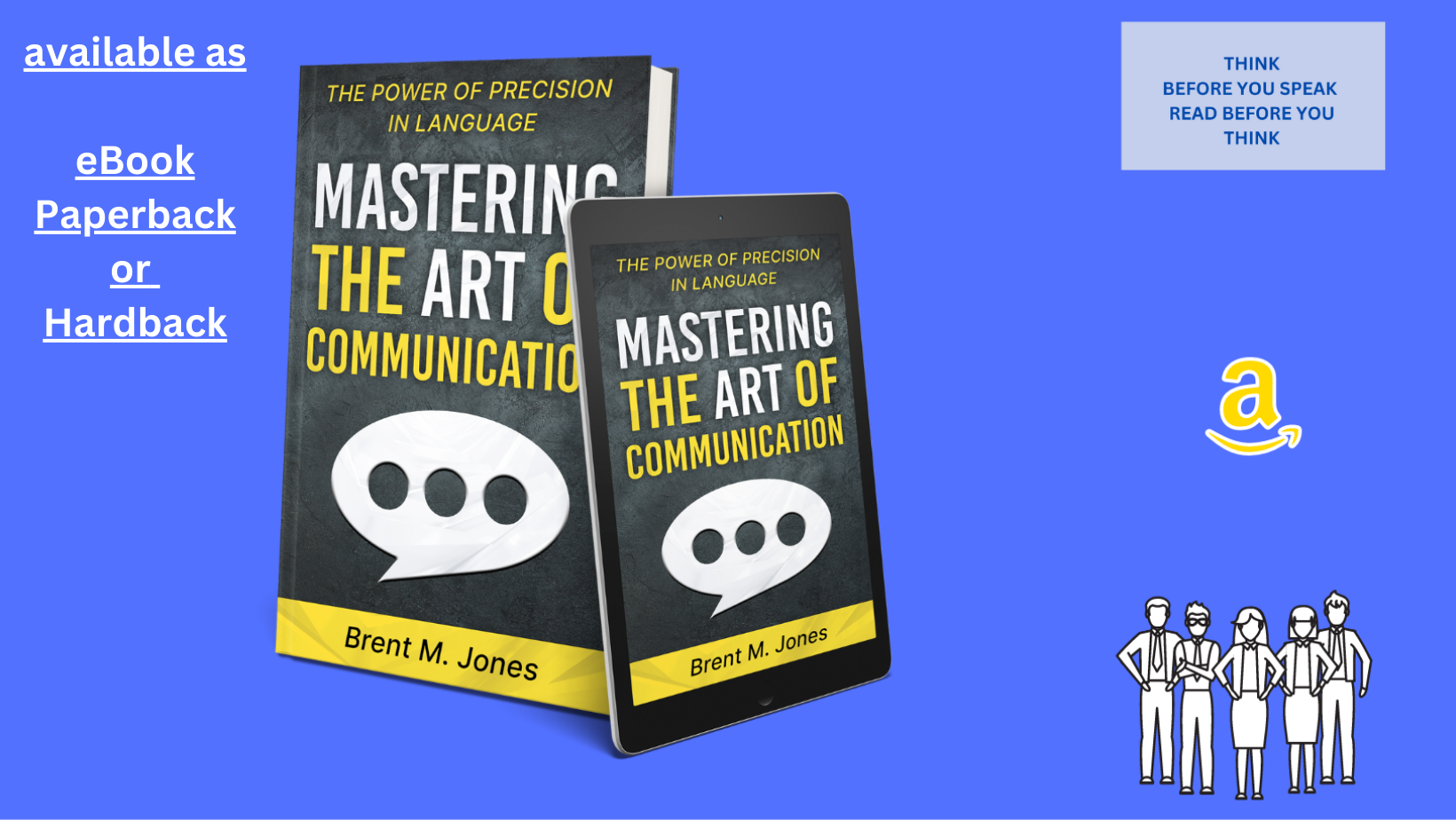Review of Mastering The Art of Communication
by Jagadeeshwar Gangoji » 22 Sep 2024, 06:21
3
ff
Th

by Jagadeeshwar Gangoji » 22 Sep 2024, 06:21







Mastering The Art of Communication The Power of Precision in Language


5.0 out of 5 stars Communication is Everything, and This Book has it ALL!


Author Brent M. Jones AD page for Mastering The Art of Communication